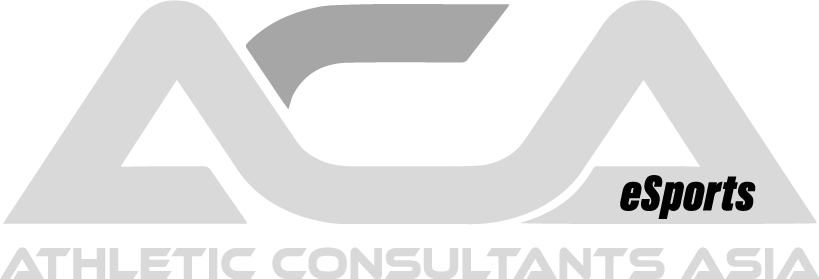Frequently Asked Questions
You can’t be too early, but it’s best to start when you’ve decided that you want to play collegiate esports in America.
Our services can be broken down into four stages.
Stage 1: Assessment
Our thorough academic and sporting assessment allows us to determine the exact athletic and academic level at which students will succeed as well as pinpoint what options are open to them.
Stage 2: Preparation
Adequate preparation ensures that the application and scholarship process goes smoothly and that all doors remain open. Academically, preparation involves services such as transcript preparation and grade translations. Athletically we need to prepare advice on which competitions to participate in, help you create a player profile and the proper statistics, and advise you on filming and editing highlights reels.
Stage 3: Targeted Promotion
Our recruiting technology with complex custom algorithms work to match you with the best schools and esports programs. We release promotional material to coaches and handle the daily management of interests and contact with coaches. Throughout the timeline we will continue to update coaches with your progress and revised profile. We also review and file communications and scholarship offers.
Stage 4: Final steps
Once an offer has been negotiated with the coach, we are still here to assist with your college application forms, student visa applications, flights, and insurance. We make ourselves available to you even after you arrive in the USA to assist with anything you need during the transition to your new life in the US as a student athlete.
There are over 200+ universities and colleges in the US that offer varsity esports. This number is increasing all the time. We have access to all of these coaches but target the programs that fit with your academics, sporting level and other criteria.
No we do not
receive any referral fees from colleges in the US. When we work with a student we are impartial
in the process and will always keep the student’s best interest in mind when
recommending or giving advice on a college.
There are many different academic levels ranging from Ivy League universities such as Harvard and Yale to junior colleges – our job is to find the best fit for you. If you are competent at school and have at least C average you should take SAT or ACT and aim for a four-year university. SAT and ACT are two standardized college entry multiple choice tests primarily testing your math and English. If you did not achieve the grades you had hoped for or simply want an easier transition you can go to junior college where you only need to graduate from high school.
The better academics you have the wider choice of universities and colleges you will have. If you excel at school you might even add an academic scholarship on top of your sport scholarship.
Given how competitive esports scholarships in America are, we would advise you to begin the process 2 years before leaving high school. The process from your initial application to starting your scholarship can take anywhere between 9-20 months depending on your sport and ability level. Typically our undergraduate students start when they are 15-19 years old. Transfer and post-graduate students from 18-22 years old.
We analyze your sporting performance, academics and other criteria to determine which universities are the best fit for you and where you would succeed both academically and in your sport. We will get you in touch with several coaches who will talk with us about their programs, universities, sports facilities, etc.
If you’re not on a full scholarship, your university will give you an installment plan so you will pay the reminder of your fees over the course of the year. It differs from college to college.
Junior college is an easier route into college sports and higher education in the US as you will not need to take the SAT/ACT or go through eligibility centers – you just need to graduate from high school. Junior colleges offer two year associate programs and are cheaper. Whether you go to junior college or university, the first two years will consist mainly of general education classes so there is not much difference if you start in junior college and transfer after 2 years or get straight into a four-year college/university.
Yes! Esports are not governed by the NCAA or any of the other traditional sports associations that set the rules and regulations for collegiate sports. Many collegiate esports athletes regularly compete in, and win money in, the top tournaments.
Yes, you can apply for the Optional Practical Training (OPT) visa which might open a lot of doors for you.
